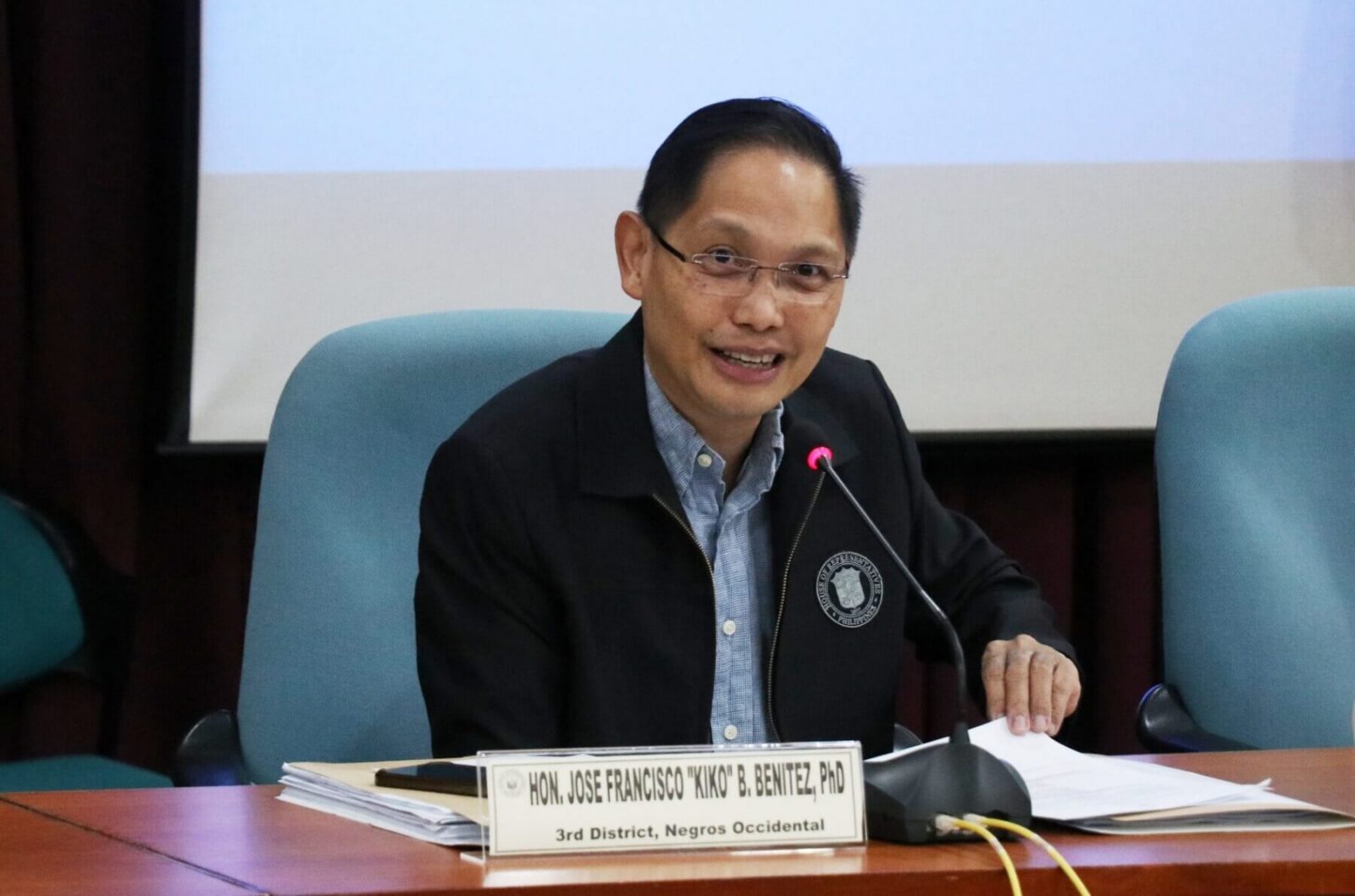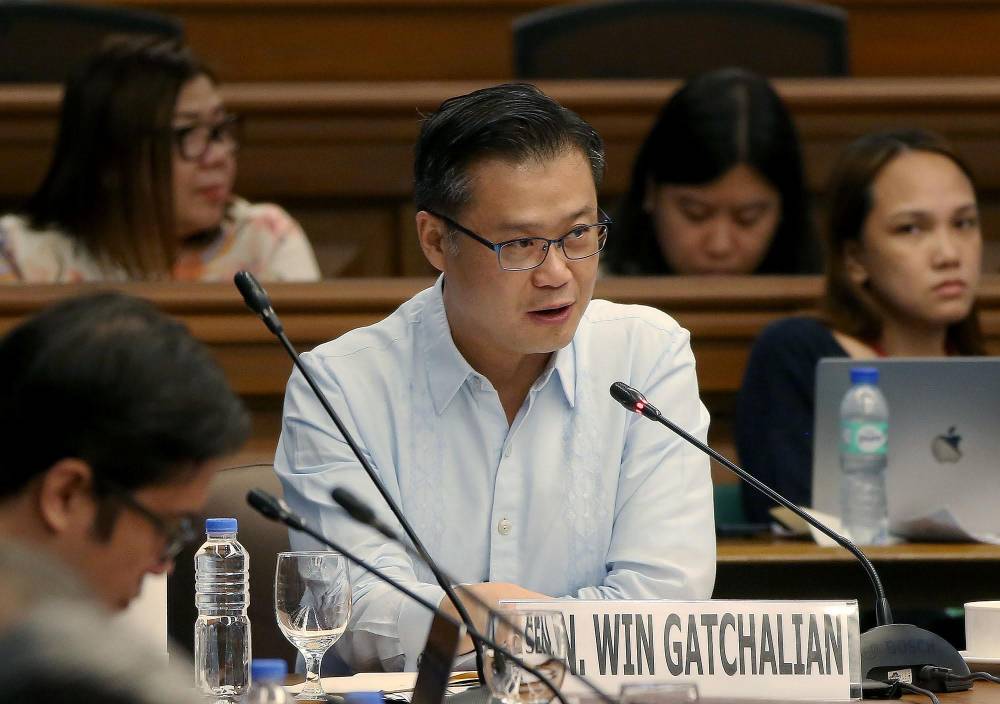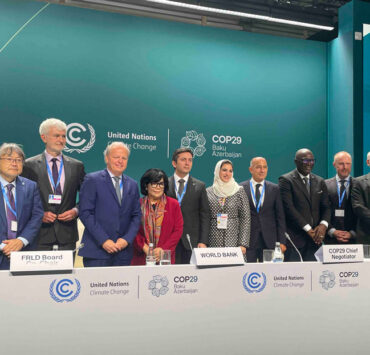Senate budget deliberations: Tesda seeks add’l funding for AI; P500-M earmarked for DepEd’s electrification program

The Technical Education and Skills Development Authority (Tesda) is seeking an additional funding of P74.7 million to its nearly P19-billion proposed budget for next year to incorporate artificial intelligence (AI) programs, which can streamline its regulatory and research work on technical and vocational training standards and the labor market.
Sen. Joel Villanueva, who serves as a commissioner of the Second Congressional Commission on Education (Edcom 2), said in a statement that Tesda’s push for digital transformation would “have a positive impact on [its] operations from training regulation to training delivery.”
Villanueva is also the sponsor in the upper chamber of Tesda’s proposed budget.
Under the National Expenditure Program (NEP), Tesda is seeking P18.7 billion for next year.
According to Edcom 2, the three key projects in the agency that would be aided by AI are the “course builder,” which will create and update training regulations and competency standards.
“labor market research” for the processing of extensive data and provision of real-time job trends and demands; and the “scholarship information system” for real-time monitoring on scholarship allocations for better transparency.
Villanueva likened such innovative programs to going through a “supermarket of competencies.”
“With this program… we’ll be able to develop microcompetencies, microcredentials, skills passports,” he said. “Can you imagine, you can have like a cart where you can just draw the microcredentials. That is what we want.”
If it can proceed with its digitalization plans, Tesda will be the latest government agency to use AI in fulfilling its mandate.
SC, BI to adopt AI
The Supreme Court earlier announced that it would be tapping AI for voice-to-text transcriptions and research work. The Bureau of Immigration also expressed interest in using AI for its operations, specifically for immigration processing and additional security layers.
University of the Philippines (UP) President Angelo Jimenez said that the state university is keen on working with government agencies to help resolve some of the country’s complex issues through AI.
Jimenez highlighted the flood map that the UP Resilience Institute developed in just two days for those affected by Supertyphoon Carina (international name: Gaemi) in Metro Manila in August.
“It’s not the most sophisticated, but it was a demonstration of how AI and digital technology can help our people,” Jimenez told reporters last month during an AI conference.
DepEd’s electrification program
Meanwhile, the Senate Committee on Finance has added P500 million to the budget allotted to the Department of Education’s (DepEd) School Electrification Program.
According to Sen. Sherwin Gatchalian, the committee accepted his proposal to add funding for the School Electrification Program, which seeks the provision of electricity to unenergized or off-grid schools and modernize the electrical systems of on-grid schools.
The Senate’s Committee Report on the General Appropriations Bill (GAB) for Fiscal Year 2025 (House Bill No. 10800) added P500 million to the P1.295 billion proposed for the program.

“As we all know, some of our schools are still left in the dark and I would like to thank the Senate Committee on Finance for adding P500 million to the School Electrification Program,” Gatchalian said during his interpellation of the DepEd’s proposed budget for next year.
“Before we can finally push for a much wider use of technology in our schools, it is important that we ensure that all our schools have electricity. This is in line with our efforts to provide quality facilities for their studies,” added the chair of the Senate Committee on Basic Education.
The senator noted that while other countries in East Asia and Southeast Asia have already achieved universal access, the Philippines still faces challenges when it comes to the complete electrification of schools.
Citing DepEd data, a 2024 research paper by the Philippine Institute for Development Studies found that 1,562 schools still had no electricity connection as of 2020.
The study also found that as of 2020, 39,335 schools need to upgrade their electrical connections.
A study published by the UP Center for Integrative and Development Studies also found that on average, energized elementary schools performed 12 percent better on the National Achievement Test (NAT) than schools that do not have electricity.
Secondary schools with electricity also performed 10 percent better than unenergized ones.





















